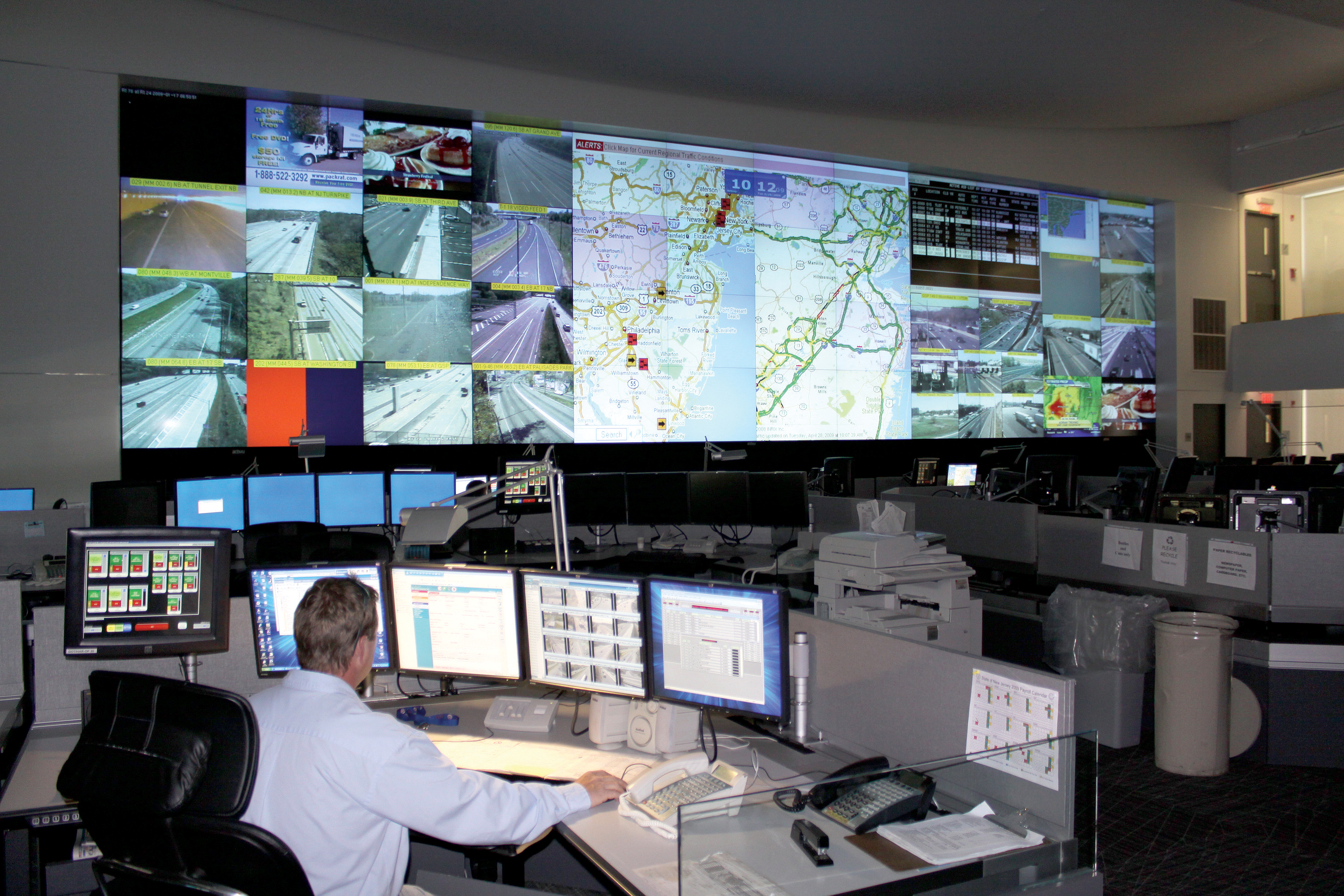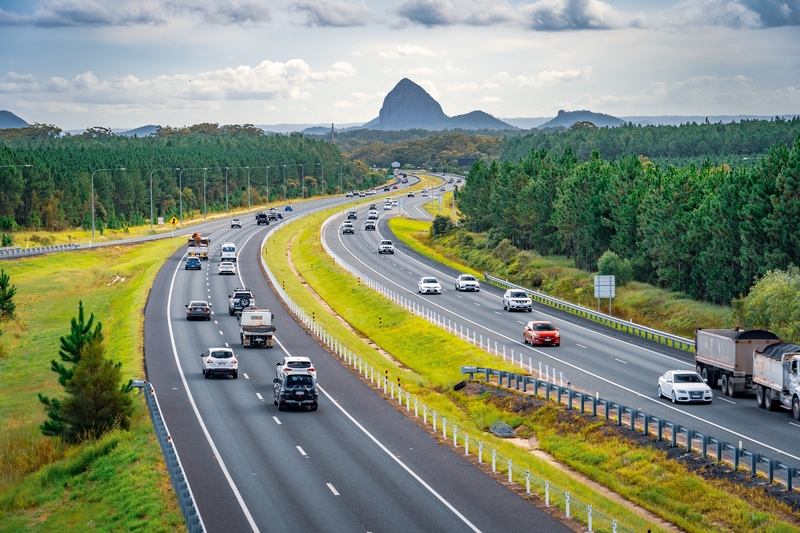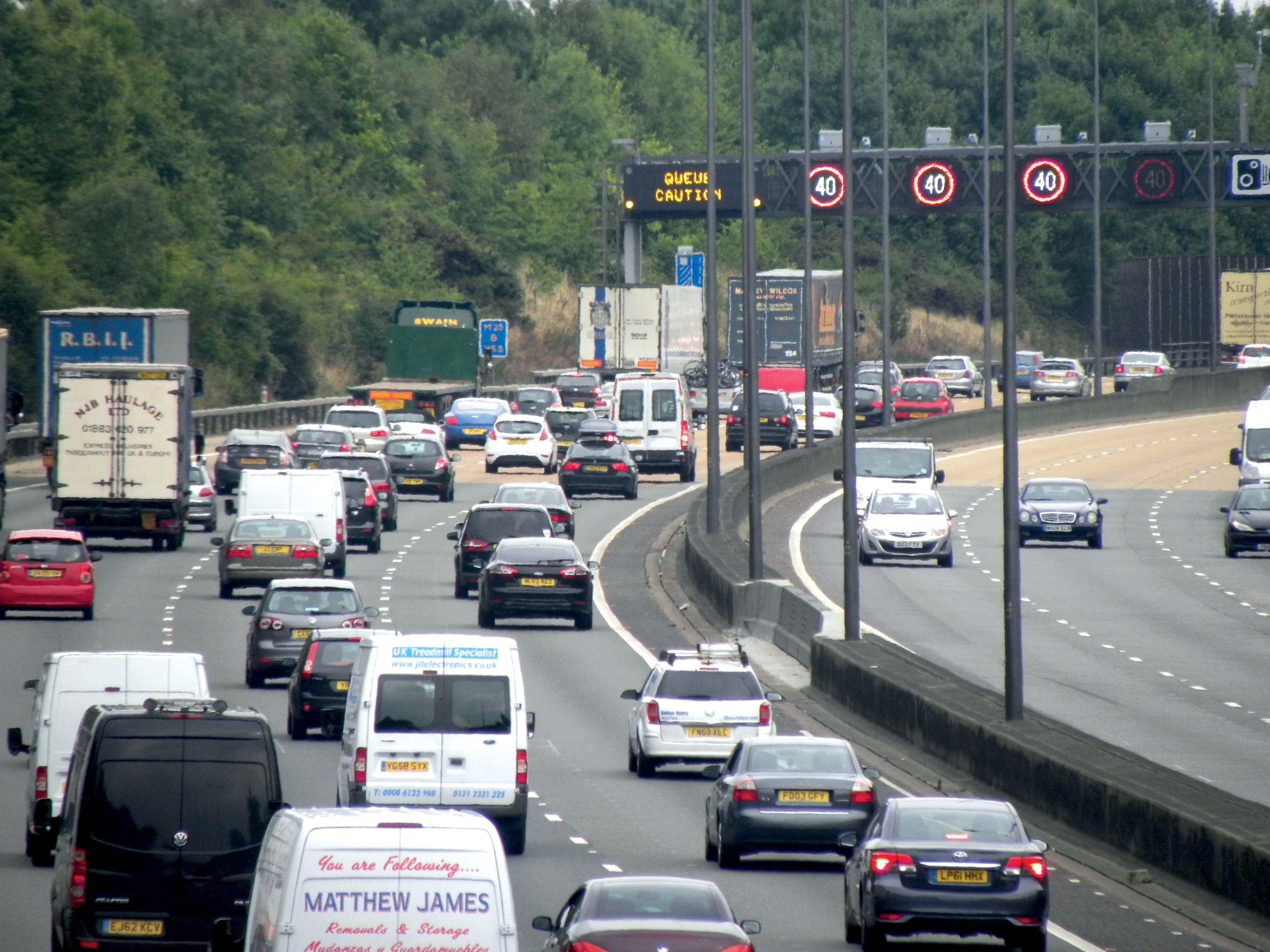A partnership of the UK’s department for Transport (DfT), British telecom (BT) and Cambridge-based wireless firm Neul is working on a project to transform the A14 between Felixstowe and Birmingham into the country’s first internet-connected road.
The smart road, which aims to prepare the country for future technology from wireless toll chargers to automated cars, will include a network of sensors along an eighty-kilometre stretch, with data transmitted over white space, temporarily unused gaps in the dig
A partnership of the UK’s 1837 Department for Transport (DfT), British telecom (1974 BT) and Cambridge-based wireless firm Neul is working on a project to transform the A14 between Felixstowe and Birmingham into the country’s first internet-connected road.
The smart road, which aims to prepare the country for future technology from wireless toll chargers to automated cars, will include a network of sensors along an eighty-kilometre stretch, with data transmitted over white space, temporarily unused gaps in the digital terrestrial TV spectrum.
Independent communications regulator Ofcom has approved the project; according to the regulator, "sensors in cars and on the roads monitor the build-up of congestions and wirelessly send this information to a central traffic control system, which automatically imposes variable speed limits that smooth the flow of traffic. This system could also communicate directly with cars, directing them along diverted routes to avoid the congestion and even managing their speed."
In addition, the1841 UK Highways Agency is planning to invest about US$2.4 billion to improve the A14, part of which may be tolled, which it hopes will tackle congestion and issues with journey time reliability.
The smart road, which aims to prepare the country for future technology from wireless toll chargers to automated cars, will include a network of sensors along an eighty-kilometre stretch, with data transmitted over white space, temporarily unused gaps in the digital terrestrial TV spectrum.
Independent communications regulator Ofcom has approved the project; according to the regulator, "sensors in cars and on the roads monitor the build-up of congestions and wirelessly send this information to a central traffic control system, which automatically imposes variable speed limits that smooth the flow of traffic. This system could also communicate directly with cars, directing them along diverted routes to avoid the congestion and even managing their speed."
In addition, the










